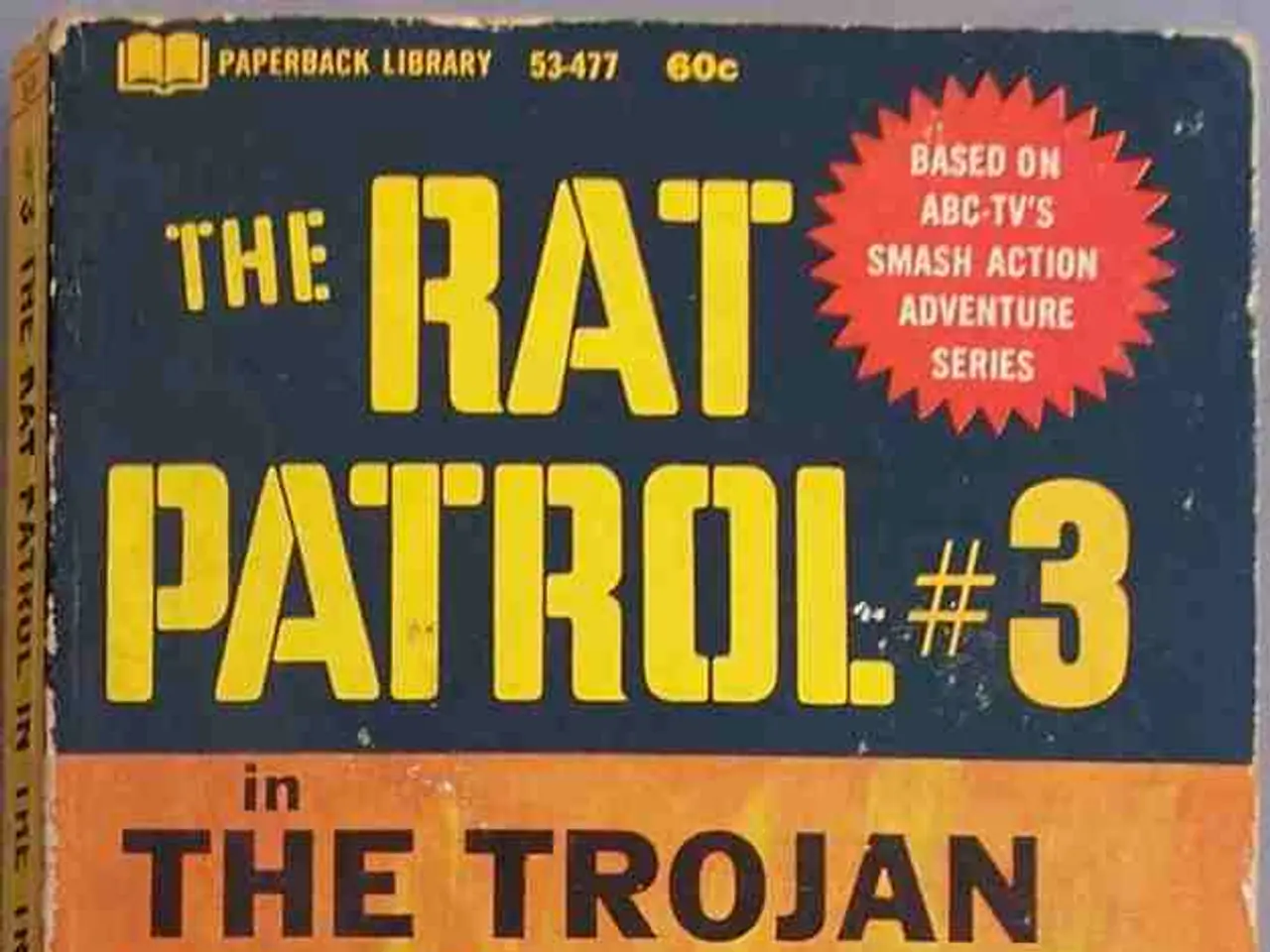United States to delve into partnership with Pakistan regarding vital minerals and hydrocarbons
On August 14, 2025, Secretary of State Marco Rubio issued a statement marking Pakistan's Independence Day, expressing interest in fostering dynamic business partnerships between the two nations. This statement comes as the U.S. and Pakistan have recently signed a trade agreement, focusing on energy, critical minerals, and mining, which was hailed last month.
The agreement opens up avenues for U.S. investment in resource sectors, potentially including mining projects in mineral-rich Balochistan. Pakistan's Commerce Minister Jam Kamal announced these opportunities, highlighting cooperation in mines and minerals alongside oil and hydrocarbons. This indicates U.S. interest in developing Pakistan’s resource sectors, including regions like Balochistan.
The Balochistan province is home to key mining projects, such as Reko Diq, run by mining firm Barrick Gold. Reko Diq is believed to be one of the world's largest gold and copper mines. The agreement reflects a pragmatic and transactional economic engagement rather than a deep strategic partnership, amid Pakistan’s strategic realignment towards China and Russia.
Pakistan's finance minister framed this cooperation as the beginning of a broader economic collaboration where trade and investment go hand in hand. However, the relationship remains cautious and primarily economically driven, as Pakistan prioritizes its Eastern strategic alliances. Total U.S.-Pakistan trade volume was around $7.3 billion in 2024, illustrating a modest but tangible economic link.
Pakistan said the trade deal would result in lower tariffs and increased investment. The U.S. has designated the separatist militant group Balochistan Liberation Army as a "foreign terrorist organization." In recent months, Washington's ties with Islamabad have improved, with President Donald Trump taking credit for a ceasefire between India and Pakistan. Pakistan praised Trump while India maintained that the two nations should resolve their issues directly without outside involvement.
Michael Kugelman, a Washington-based South Asia analyst, described the U.S.-Pakistan counterterrorism dialogue as one of the most positive in years. The latest round of counterterrorism talks between the U.S. and Pakistan took place in Islamabad on Tuesday. The U.S. deeply appreciates Pakistan's engagement on counterterrorism and trade.
Despite the positive developments, it is important to note that the relationship between Washington and Islamabad had cooled before President Trump's administration and has further cooled in recent years, beyond the Trump administration, due to the U.S. drawing closer to Pakistan's traditional adversary India and countering China's rise.
In conclusion, there is potential for U.S. investment in Balochistan’s mining sector within this pragmatic trade framework, but it is embedded within larger geopolitical complexities and modest economic engagement levels. The U.S. and Pakistan will continue to navigate their relationship, balancing economic opportunities with strategic considerations.
- Secretary of State Marco Rubio expressed interest in fostering dynamic business partnerships between the U.S. and Pakistan, following their trade agreement focusing on energy, critical minerals, and mining.
- The trade agreement opens up avenues for U.S. investment in resource sectors, particularly mining projects in mineral-rich Balochistan, such as Reko Diq, run by mining firm Barrick Gold.
- Pakistan's finance minister outlined this cooperation as the beginning of a broader economic collaboration, asserting that trade and investment go hand in hand.
- The U.S. appreciates Pakistan's engagement on counterterrorism and trade, as demonstrated by their recent counterterrorism dialogues and trade negotiations.
- The relationship between Washington and Islamabad remains cautious and primarily economically driven, as Pakistan prioritizes its Eastern strategic alliances amid its strategic realignment towards China and Russia.
- It is important to consider the larger geopolitical complexities and modest economic engagement levels in the context of potential U.S. investment in Balochistan’s mining sector within this pragmatic trade framework.




